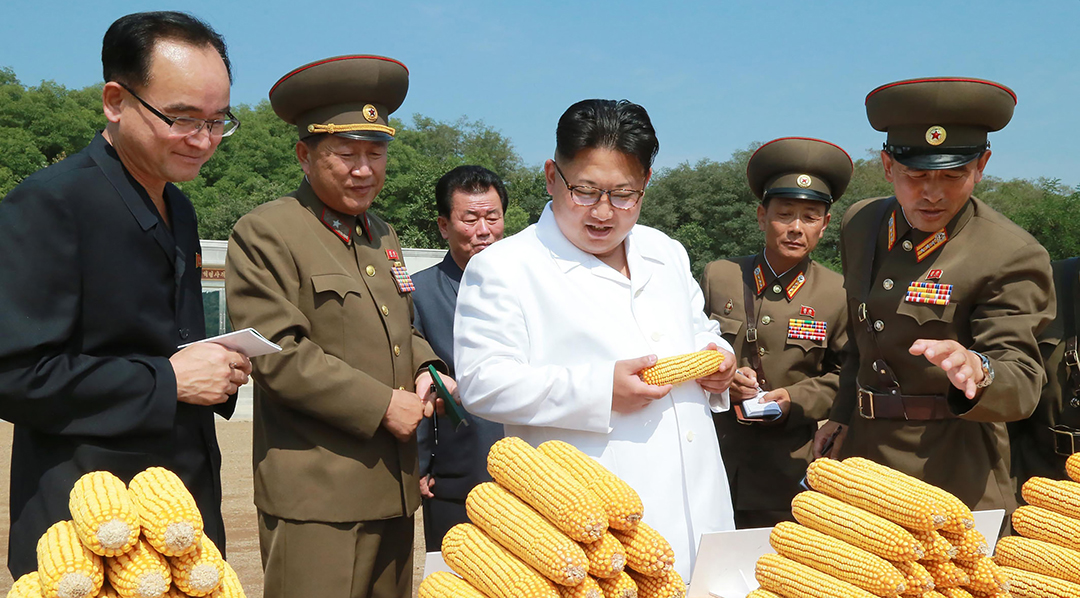Around 183 million people in 47 countries, including North Korea, are facing the possibility of severe food insecurity as border closures and disruptions in global supply chains have restricted their access to farming products, a UN food agency said.
The Food and Agriculture Organisation (FAO) also estimated in a report that around US$350 million will be needed this year to provide necessary assistance to those countries facing a looming crisis.
“While the COVID-19 pandemic is devastating lives, public health systems, livelihoods and economies across the world, populations living in food crisis contexts and those whose resilience has been eroded by previous crises are particularly exposed to its effects,” the report said.
READ ALSO:EU Foreign Ministers Want Borders Open for Holidaymakers by Summer
“Globally, the COVID-19 pandemic is already directly affecting food systems through impacts on food supply and demand, and indirectly through decreases in purchasing power, the capacity to produce and distribute food, and the intensification of care tasks, all of which will have differentiated impacts and will more strongly affect the poor and vulnerable,” it added.
The report noted, “There is a serious risk that people will experience famine conditions if needs are not met,” saying that around $350 million will be required “to ensure the provision of critical assistance where there are already high levels of need.”
It, however, did not provide details on situations in North Korea, such as how many people are facing food shortage problems.
North Korea has been struggling with chronic food shortages caused by unfavourable weather and global sanctions restricting its access to fertiliser and other key farming materials.
Compounding the situation is the North’s decision to close its border with China in late January to block the spread of the coronavirus, which observers expect to hamper grain imports.
“It is too early to gauge the impact of the coronavirus on the North’s grain production but it appears to be significantly disrupting imports of materials, including grains from outside,” an official of South Korea’s unification ministry told reporters.
South Korea’s state-run Rural Development Administration projected that North Korea produced an estimated 4.64 million tons of grains last year, which the official said fell around 860,000 tons short of what the country usually needs to feed its 25 million citizens.
He noted that North Korea is showing no signs of easing its border closure and that the foods shortage situation in the country is expected to continue.
In March, FAO designated North Korea as a country facing a foods shortage, while the World Meteorological Organisation, another UN agency, projected that around 10 million people in the country will require urgent food assistance.
North Korea’s media outlets have recently ramped up calls for “food self-reliance” as the rice transplanting season has gone into full swing.




 Premier League
Premier League